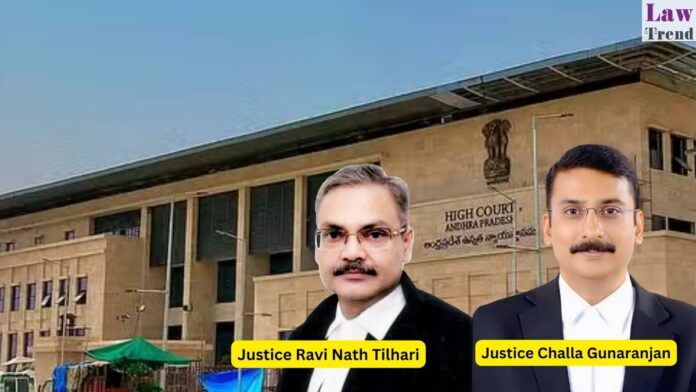The High Court of Andhra Pradesh, in a judgment dated October 9, 2025, has ruled that an insurance company that has issued a “professional indemnity medical establishment policy” to a hospital or doctor is neither a “necessary party” nor a “proper party” to a consumer complaint filed by a patient alleging medical negligence. A division
To Read More Please Subscribe to VIP Membership for Unlimited Access to All the Articles, Download Available Copies of Judgments/Order, Acess to Central/State Bare Acts, Advertisement Free Content, Access to More than 4000 Legal Drafts( Readymade Editable Formats of Suits, Petitions, Writs, Legal Notices, Divorce Petitions, 138 Notices, Bail Applications etc.) in Hindi and English.




